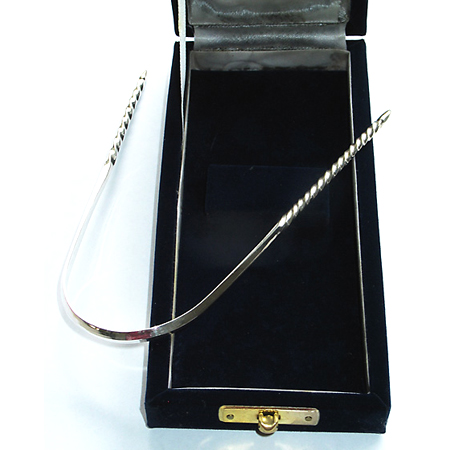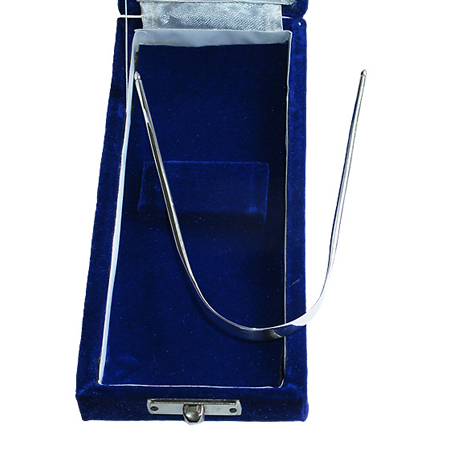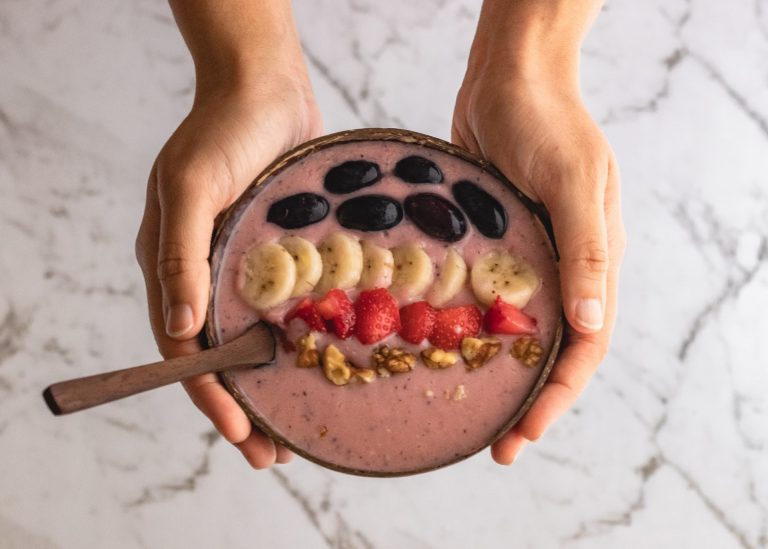
The Importance of Tongue Cleaning
Have you ever woken up in the morning and cringed at that furry tongue feeling? Maybe it was after a busy day, a formal dinner or a night out, and you wake up with that bad mouth taste? Who hasn’t snuck into the bathroom to clean their teeth in a desperate attempt to be rid of bad breath and to clean those white patches or that white coating off their tongues?
We all know a healthy tongue looks pink and has visible bumps, or papillae, along its top and sides. And we have all wondered why our tongues don’t necessarily look, or taste, like the ones we see in the toothpaste ads. Believe it or not, the answer to this rests over 6000 years ago, when Ayurvedic science discovered some of the greatest mysteries of the human body. They found that the body had a complex secretion mechanism performed by different excretory organs, and that along with solid waste and urine, our bodies also secrete waste material through the skin, eyes and tongue.
Gastrointestinal waste secretes through our tongue. The gastrointestinal excretory process has different layers. The bottom layer is thicker than the topmost one, and as the layers move upwards, they become thinner. The collective micro-waste produced through this process is released from the secretary pore located on the top of our tongue. This micro-waste accumulates onto the tongue in the form of a white substance. This is the foul smelling, bitter tasting stuff that you experience on those fury mouth mornings. So, what do we do about it?
The Answer is Tongue Scraping
Just like we go to the toilet to remove waste, or wash our skin to remove sweat, which is another form of bodily waste, we need to clean our tongues to remove this gastrointestinal micro-waste.
But before we get into the how-to of tongue scraping, first let’s look at the tongue—what it does, and what happens when it isn’t fit to do its job.
So what happens if I don’t clean my tongue?
The tongue is like a scientific laboratory that analyses every type of food you eat and signals your brain if what you are eating isn’t good, like in the case of a something going off or past expiry. When you attempt to consume something tainted or poisonous, it’s your tongue’s job to signal the brain so that you spit it out right away. Furthermore, you tongue works like at filter, to stop the entry of pathogens or undesirable chemicals or foods. It is a guardian of your body, helping you know what is right to consume, and what is not.
When your tongue is healthy, like those pink lovely ones you see on toothpaste ads, then it works well. But when it is all clogged up with gunk, then like any other laboratory, it gives back bad readings. It tells us things are good to eat when they aren’t, and can even make us believe what is healthy for us is poisonous.
If you don’t clean your tongue properly and regularly, and you allow that excretory substance to grow on your tongue for a while, then:
# The neurological cells in the taste buds won’t function properly, so you will lose your sense of taste and your ability to tell the quality of what you consume.
# Your brain will not receive clear signals from the sensory buds.
# Your saliva production will be affected, meaning that toxins and food stuffs won’t be treated properly, so the likelihood of ingesting unhealthy organisms and poisons increases.
# Your mouth becomes a breeding ground for bacteria, fungus and all sorts of unhelpful micro-organisms.
# The likelihood of gum and teeth problems increases, including tooth decay, bad breath, gingivitis and periodontitis.
But animals don’t scrape their tongues. Why should I?
That’s right, animals don’t scrape their tongues. But they don’t need to. They don’t have excretory pores on their tongues. As current research shows, only humans have excretory pores on their tongues, so only humans need to clean them.
How do I clean my tongue? What do I use?
The current process of tongue and teeth cleaning originated about a millennium ago. Initially, people scraped the waste from their tongues and cleaned their teeth with twigs from various plants like calotropis and neem, which is anti-bacterial and anti-fungal.
As time went on, people began to use a brass tongue scraper. Kings and the wealthy would use gold and silver to clean their tongues. Both are very good for the tongue because that the use of silver or gold causes a strong connection between the tongue and the brain to be formed by enhancing the electromagnetic field between both the tongue and the brain. The general population, however, began to use copper. It was a more affordable alternative, but unfortunately it tarnished and that reduced its usefulness.
These days, people manufacture stainless steel and plastic tongue scrapers. Stainless steel is a good alternative to silver and gold. Plastic tongue scrapers, however, are not healthy because of the electric charges they give off when used on the tongue.
When and how do I clean my tongue?
Just like all the normal bodily waste systems, tongue cleaning is a daily process. It is important to clean your tongue in the morning after you have finished brushing your teeth. At Yatan Ayurvedic Holistic Centre, we can supply you with either silver or stainless steel tongue scrapers. Both are of premium quality for the best results.
To clean your tongue, stick your tongue out as far as you can and look at it in the mirror. You are looking for evidence of that coating we described earlier. Using a few gentle strokes, use the tongue scraper to clean the area. Rinse your mouth when you are done.
For more assistance, or to learn more about what your tongue is trying to tell you about your life and your health, contact us at Yatan Holistic Clinic on 1300552260.





